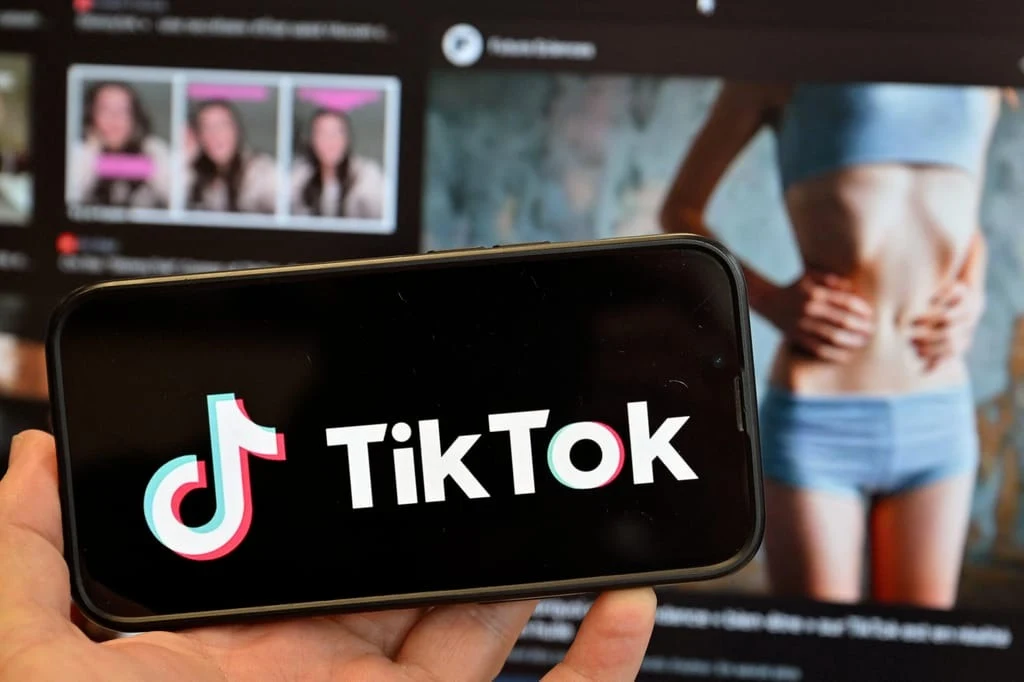In response to mounting criticism and growing concern about its impact on mental health, TikTok has officially banned the hashtag #SkinnyTok, a trend that had gained popularity for promoting extreme weight loss content. The move marks a significant step toward protecting vulnerable users, especially young people, from the harmful influence of unrealistic body ideals and disordered eating behaviors.
What Is #SkinnyTok and Why Is It So Dangerous?
The #SkinnyTok hashtag had gone viral, grouping thousands of videos showcasing dramatic body transformations, restrictive diets, and extremely thin bodies portrayed as desirable. But beyond the aesthetic lies a deeper problem: the normalization of unhealthy behaviors that jeopardize both physical and mental well-being.
According to TikTok spokesperson Paolo Ganino, “we blocked search results for the hashtag #SkinnyTok because it had become associated with dangerous weight loss content.”
Now, anyone searching for the term is redirected to mental health support resources, part of a “regular review” of the platform’s safety measures designed to tackle emerging risks.
Pressure from France and Belgium
International pressure played a key role in this decision. France’s Minister for Digital Economy and AI, Clara Chappaz, strongly condemned the trend, warning that TikTok’s algorithms were targeting vulnerable users and potentially driving them toward anorexia and other eating disorders.
Chappaz called the ban a “collective victory”, though she also stressed that the “fight to protect children online is far from over.”
In Belgium, lawmakers and mental health advocates also voiced concern about how this kind of content could negatively influence young people’s self-esteem and encourage dangerous beauty standards.
TikTokers Fight Back: Users Rebel Against Harmful Trends
What’s especially notable is that many TikTok users themselves rebelled against #SkinnyTok, launching counter-trends that called out the manipulation behind such content. A popular message from these videos was:
"Propaganda, I won't be fooled", a direct rejection of body ideals imposed by social media algorithms.
Young women began posting videos promoting body positivity, self-love, and mental wellness, challenging the harmful standards perpetuated by trends like #SkinnyTok.
A Wake-Up Call for All Social Media Platforms
The removal of #SkinnyTok sets an important precedent for how social media platforms must take ethical responsibility for the content they amplify. While TikTok’s move is a step forward, it also underscores the urgent need to build safer digital environments, especially for younger users.
It also reignites the debate around algorithmic influence, questioning how platforms can better balance engagement with user safety.
#TikTok #SkinnyTok #MentalHealth #BodyPositivity #OnlineSafety #SelfEsteem #EatingDisorders #News #YouthProtection #SocialMediaTrends



